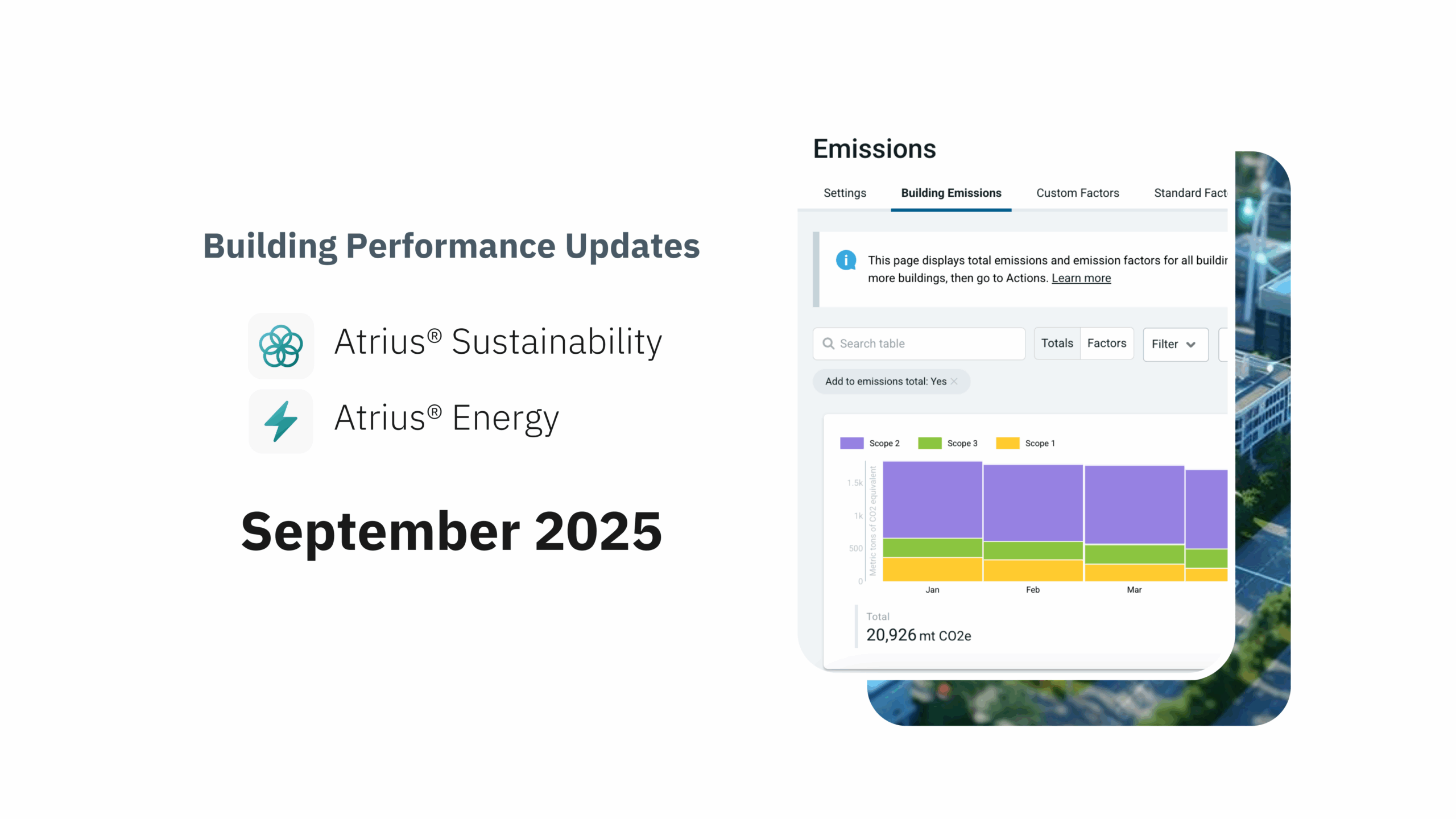This article was originally published by Daily Advent.
Yesterday, smart building solutions provider Atrius released its third annual State of Energy Management survey. The survey polled more than 600 energy management professionals from a wide variety of organizations within the sector.
A growing concern for greener spaces
Respondents indicated a concern for greening their spaces: 77% pledged to reduce their buildings’ resource usage, while 60% committed to greenhouse gas reduction. Results also showed a sharp increase in the percentage of organizations focusing on carbon neutrality or net-zero goals in 2021 (43%) compared to 2020 (36%). Institutions of higher education and commercial organizations represented the highest growth industries.
Seven in ten respondents reported that their organizations are either on track (58%) or ahead of pace (12%). In achieving these goals. Just over a quarter (26%) reported being behind schedule.
The higher education sector was the most represented in the “ahead of pace” category, while the commercial sector topped the “on track category.” Interestingly, higher education also ranked first in the “behind schedule” category.
With regard to sustainability strategies, higher efficiency HVAC equipment was cited by 84% of respondents. An additional 79% cited lighting upgrades. Upgraded automation systems ranked just below at 78%. Access to building and asset-level data (76%) and data centralization (68%) followed, tied with occupant awareness & participation in reduction programs (68%).
Respondents assigned other factors less importance. Only about half (52%) cited corporate-level energy savings, carbon reduction goals, or utility incentives as necessary to drive investment.
Integrating sustainability priorities

With regard to integrating sustainability priorities into various business initiatives, six in ten respondents reported including them in their operations, while under a quarter (23%) reported including them in their supply chain management. The latter finding reflects the results of a report published last month that only three of ten companies in the corporate sector are measuring the sustainability of their supply chains. Given that organizations’ supply chains often account for more than 90% of their greenhouse gas emissions, this issue must be addressed in the broader effort to combat climate change.
Atrius’s survey also finds that organizations can do a better job of communicating their Environment, Social, and Governance (ESG) efforts: only a third (33%) share progress in a newsletter or email, and only about a quarter give sustainability updates (26%), hold town halls, organization meetings, or press conferences (25%). Nineteen percent don’t send any internal updates.



